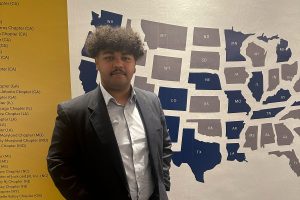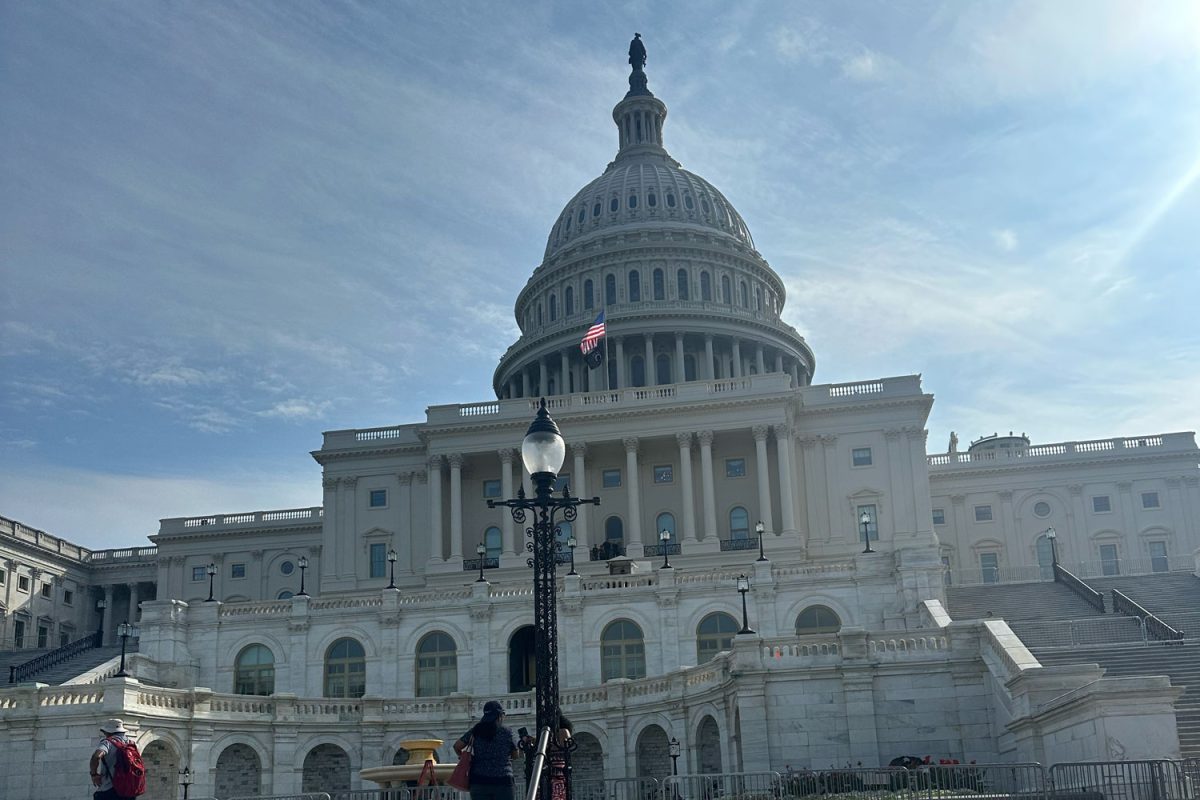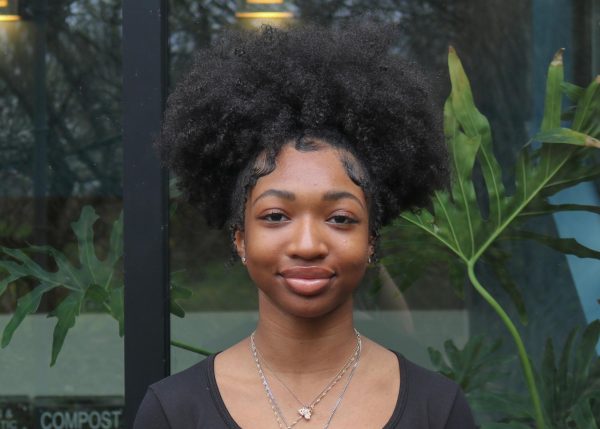This September, Jack and Jill of America, Incorporated held a 4-day-long national teen conference, the On The Hill Legislative Summit, in Washington, D.C. Programming included a multitude of guest speakers, a business pitch contest, party at the National Museum of African American History and Culture, workshops, and more fun. Jack and Jill is a mothers’ member-based organization for African American families where kids, aged 2-19, experience social and cultural bonding, engage in community service, educational activities and hold leadership roles. Hosted every two years, teens spanning from middle school to high school participate in On The Hill, walking away more empowered than when they entered.
DJ Yearwood from Kansas City, Missouri spoke at the event. At just 19, he’s a National Youth Advocate for the Campaign for Tobacco-Free Kids, a non-profit based in Washington, D.C. With experience being young and engaged in advocacy work, Yearwood advises fellow teens to rise above feelings of helplessness.
“Teens who want to be involved in advocacy, just do it. Pick an issue that you care about, learn about it, make sure that you have your facts,” Yearwood said. “Know that you are at a disadvantage, right? You will have to anticipate your expertise and your perspective being questioned. You will have to anticipate whether or not your experience will be considered as a phase with your age or something that’s [not] a real problem.”
Because of Yearwood’s age, he’s had to learn to be “conscious about who the audience is.” Not only does his preparation and execution have to be far more flawless than his older counterparts, he’s had to become comfortable with setting boundaries and challenging insults to his intelligence.
“My number one trick is not telling my age. If you don’t need to know, you don’t need to know, because oftentimes what I realized was that the difference between somebody who knew my age and somebody who didn’t know my age was worlds apart,” Yearwood said. “Going into a meeting with somebody and they might assume I’m 22/23, out of college, and they’re like, ‘Wow, this was a really productive meeting’. Going into a similar meeting, and somebody knows my age, they’re like, ‘Okay, that’s nice. Thank you for telling me.’”
Hillary Askew, a junior from Central Catholic High School in Portland, Oregon, attended her second On The Hill.
“My freshman year was my first On The Hill, and after that I really did want to start making changes in my community,” Askew said.
On the last day of the conference, each teen has the opportunity to meet with their respective senators and/or their team to discuss initiatives. Aside from connecting with her peers, this was Askew’s favorite part of the conference.
“A highlight, really, for me is that they were really open and agreeable to what I was putting out there,” Askew said. “It made me feel very seen and understood and that I could have some faith, in at least my state.”
Advocacy work is seen at UPrep as well. The Student Organized Consent Conference (SOCCS) educates high school students in the Seattle area about sexual health and assault. This event provides attendees with awareness and tools to combat sexual violence. Askew identified DEI and gun violence as issues she’s most inclined to fight for.
“I think that it’s a very big problem in our world right now, especially with Trump in office,” Askew said. “DEI [is getting] taken away. Gun violence is everywhere with these school shootings.”

As mentioned before, Yearwood has faced adversity because of his age. From this, he’s affirmed his ability to strategize and diminish fears of being perceived as cocky when presenting about a cause he’s passionate and knowledgeable about.
“Even if you’re not confident, fake it. And if people think that you’re an airhead and people think that you have a big ego, none of that matters, sincerely,” Yearwood said. “None of that matters because what comes out of it is that you delivered a strong message, you said what you said confidently.”
Yearwood is most inclined to fight for “things having to do directly and uniquely with young people in America, specifically Black young people in America.” Addiction, gun violence, issues within the healthcare industry, education and the school to prison pipeline are a few of the topics he’s fighting for at a “high level”.
“The importance of advocacy is just telling people what you know and what you experience so that they can take that and do something,” Yearwood said. “What I repeat often is that they don’t know your perspective until you tell them, so as long as you struggle in silence, people and the decision makers will remain oblivious, and your perspective will never be incorporated into policies or change or legislation.”
Askew’s two-time attendance at On The Hill has inspired future interest towards policy work.
“I could definitely see myself working on some campaigns and actually advocating,” Askew said. “I think advocacy is really important so you can really get what’s on your mind and what’s important to you out there so you can make the world a better place.”
Editors Note:
Neva-Nataia Lowery is a member of Jack and Jill of America and participated in their national teen conference.


